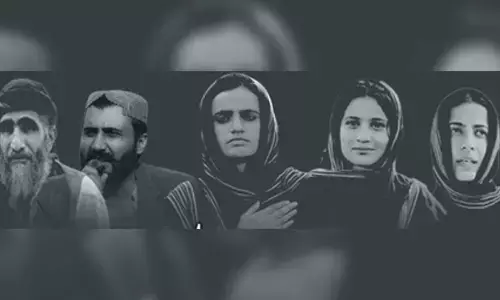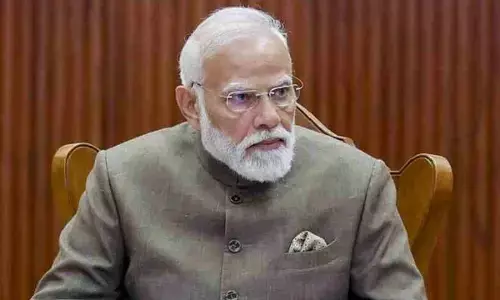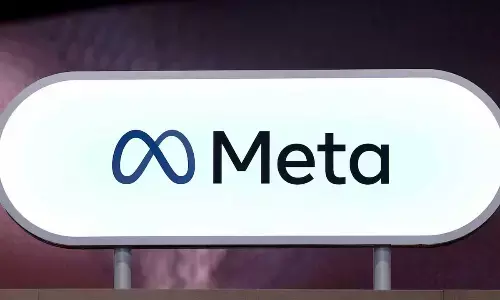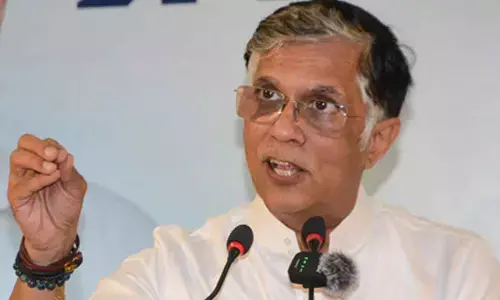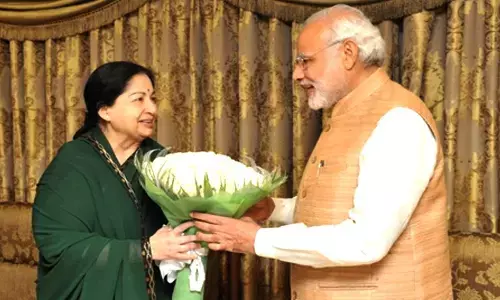UGC issues new draft guidelines for faculty recruitment
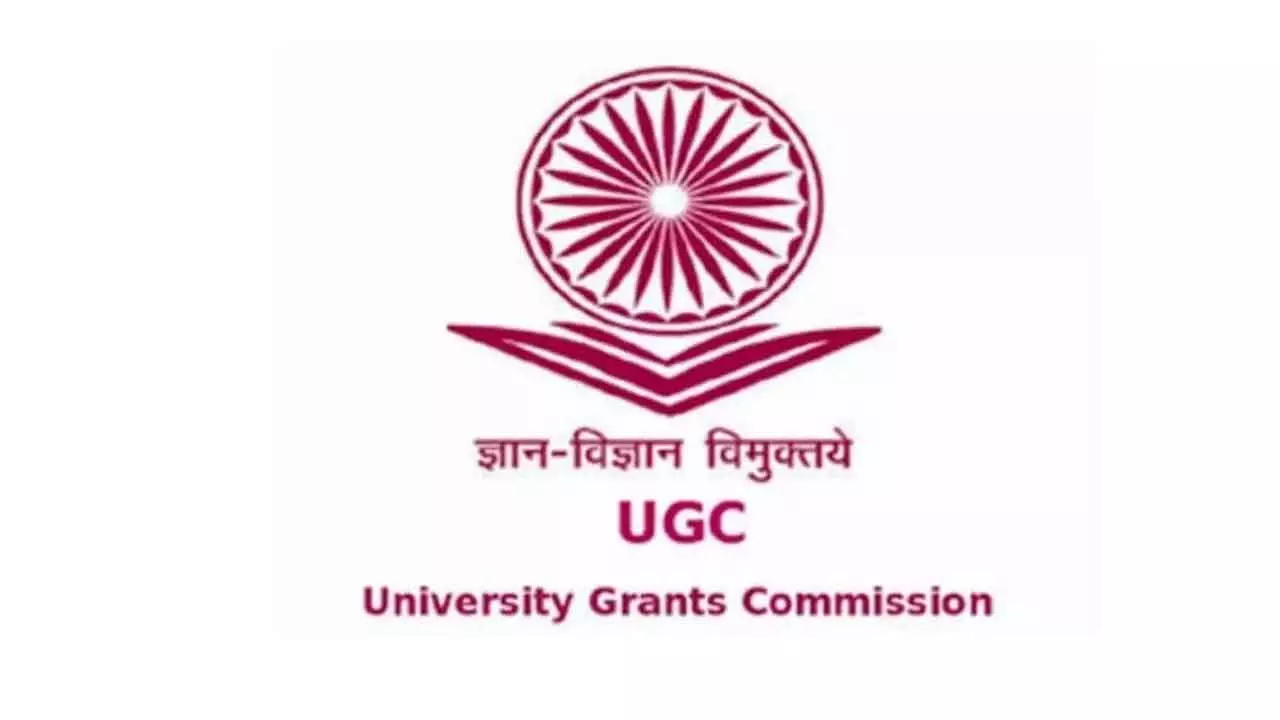
Hyderabad: The University Grants Commission (UGC) has notified the new draft UGC (Minimum Qualifications for Appointment of Teachers and Academic Staff in Universities and Colleges and Measures for the Maintenance of Standards in Higher Education) Regulations, 2025.
Union Minister of Education Dharmendra Pradhan released the new draft guidelines seeking feedback and suggestions from the stakeholders.
The apex regulator of higher education in the country aims that the new regulations would transform how faculty members are recruited and promoted in Indian HEIs.
UGC Chairman Prof M Jagadesh Kumar said to Hans India, “Introducing these changes would enhance flexibility, inclusivity, and excellence in faculty recruitment and career progression”. For example, individuals can qualify for faculty positions based on their performance in a subject of their choice in UGC-NET, even if their undergraduate and postgraduate degrees are in different disciplines. Also, the subject of the PhD degree precedes the disciplines studied in undergraduate and postgraduate degrees for faculty selections. This is an important flexibility to remove rigid subject boundaries and allow faculty applicants to transition across disciplines, creating a more multi-disciplinary eco-system within University campuses as envisaged in New Education Policy-2020 (NEP-2020), he added.
Besides, it will also emphasise Indian languages in publishing books, book chapters, and academic qualifications is a key feature of the 2024 regulations aligning with the NEP 2020’s focus on promoting Indian languages in higher education.
He said that the Academic Performance Indicator (API) system in the 2018 regulations heavily relied on quantitative metrics, reducing academic performance to numerical scores. “In the previous regulations, candidates were often judged primarily on numerical criteria, such as journal or conference publication counts. The 2025 regulations discontinue the API-based shortlisting and adopt a more qualitative approach, allowing selection committees to assess candidates holistically based on their notable contributions and broader academic impact in areas such as innovation in teaching methodologies, technology development, entrepreneurial contributions, book writing, development of digital learning resources, community engagement and societal contributions; promoting Indian languages and Indian knowledge systems and sustainability practices; supervising internships and projects or initiating successful startups”. These regulations also facilitate the selection of faculty members from multi-disciplinary backgrounds. The primary objective of these regulations is to broaden the horizon and freedom and flexibility so that faculty members can excel in areas they are passionate about.The new initiative introduced through these regulations is the specialised recruitment pathways to attract the best talent in fields such as Yoga, Music, Performing Arts, Visual Arts, Sculpture, and Drama. “These pathways recognise professional accomplishments and national or international achievements. This flexibility ensures that practitioners with exceptional skills in these traditional art forms can contribute to academia, preserving India’s cultural heritage”, said Prof Kumar.


